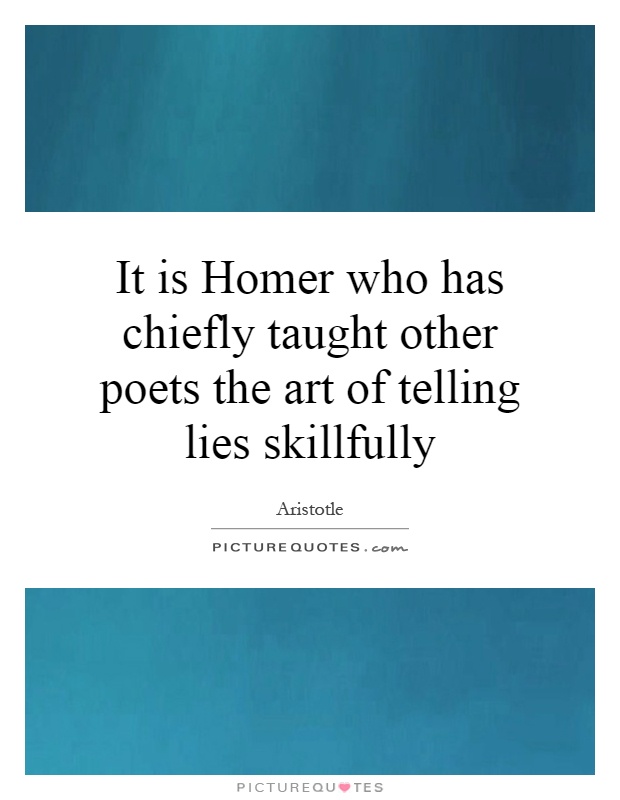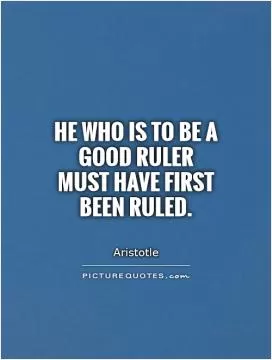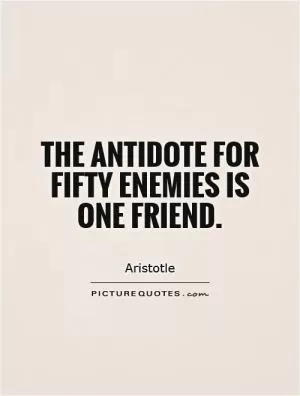It is Homer who has chiefly taught other poets the art of telling lies skillfully

It is Homer who has chiefly taught other poets the art of telling lies skillfully
In Aristotle's Poetics, he discusses the importance of imitation in poetry and how poets should strive to imitate reality in their works. However, he also acknowledges that poetry is not meant to be a literal representation of reality, but rather a heightened and idealized version of it. This is where the idea of "telling lies skillfully" comes into play.Aristotle believed that Homer, the ancient Greek poet known for his epic poems The Iliad and The Odyssey, was the master of this art of skillful lying in poetry. Homer's works are filled with fantastical elements, gods and goddesses intervening in the lives of mortals, and larger-than-life heroes performing incredible feats. Despite these elements being far removed from reality, Homer's storytelling is so compelling and vivid that readers are able to suspend their disbelief and become fully immersed in the world he creates.
Homer's ability to weave together a narrative that is both fantastical and believable is what sets him apart as a poet. He is able to take elements of truth and reality and blend them seamlessly with elements of fiction and fantasy, creating a world that is both familiar and foreign at the same time. This skillful blending of truth and fiction allows Homer to explore complex themes and ideas in his works, such as the nature of heroism, the power of fate, and the relationship between mortals and gods.
Aristotle believed that other poets could learn a great deal from Homer's approach to storytelling. By studying how Homer combines truth and fiction in his works, poets can learn how to create compelling narratives that resonate with audiences on a deep emotional level. Homer's ability to tell lies skillfully is not about deceiving readers, but rather about using fiction as a tool to explore deeper truths about the human experience.












 Friendship Quotes
Friendship Quotes Love Quotes
Love Quotes Life Quotes
Life Quotes Funny Quotes
Funny Quotes Motivational Quotes
Motivational Quotes Inspirational Quotes
Inspirational Quotes